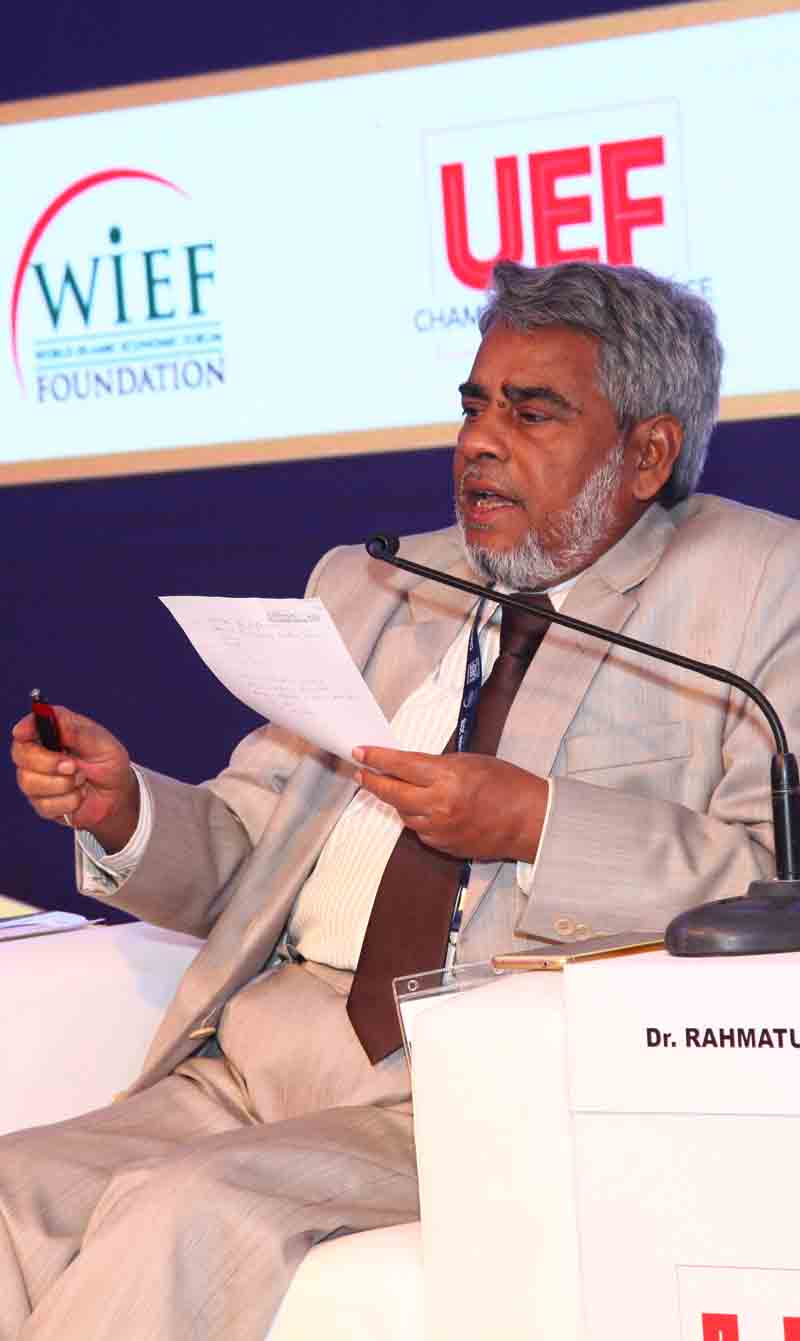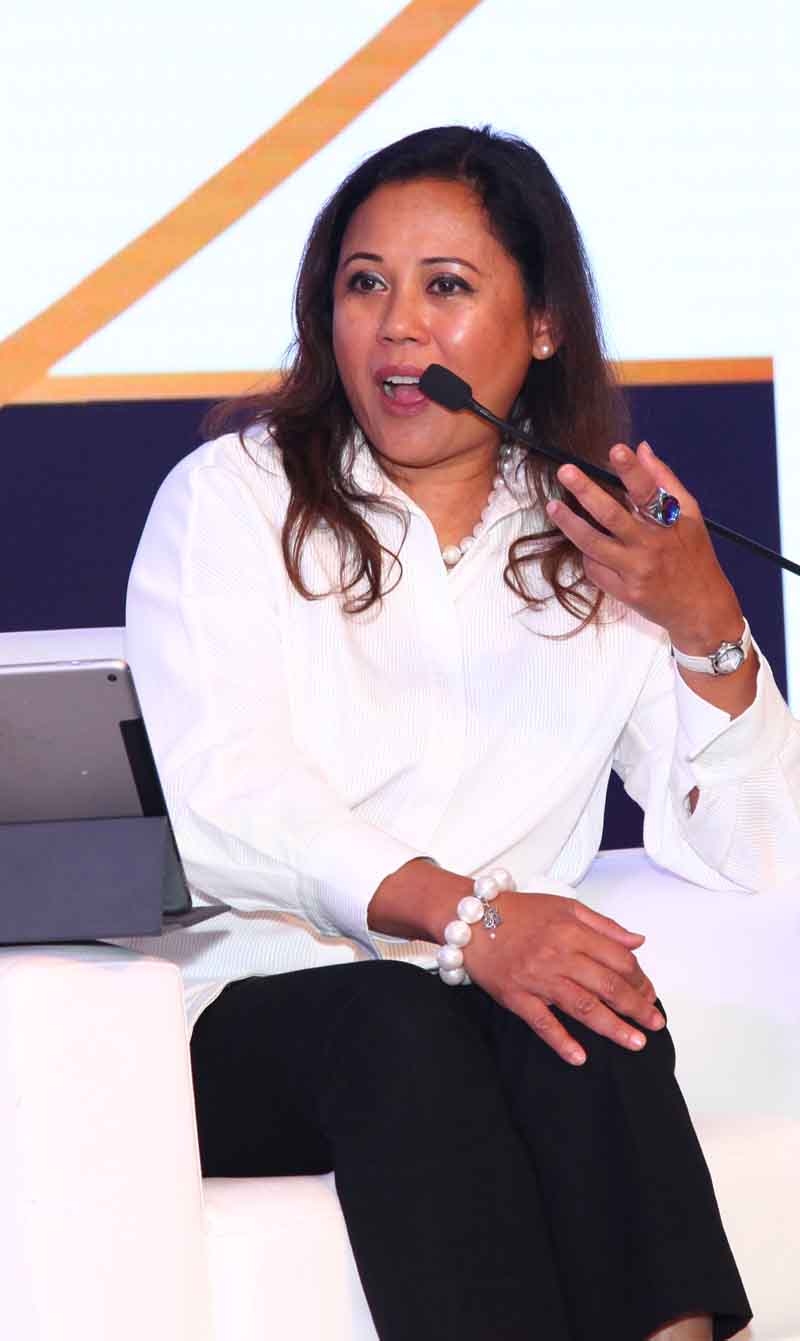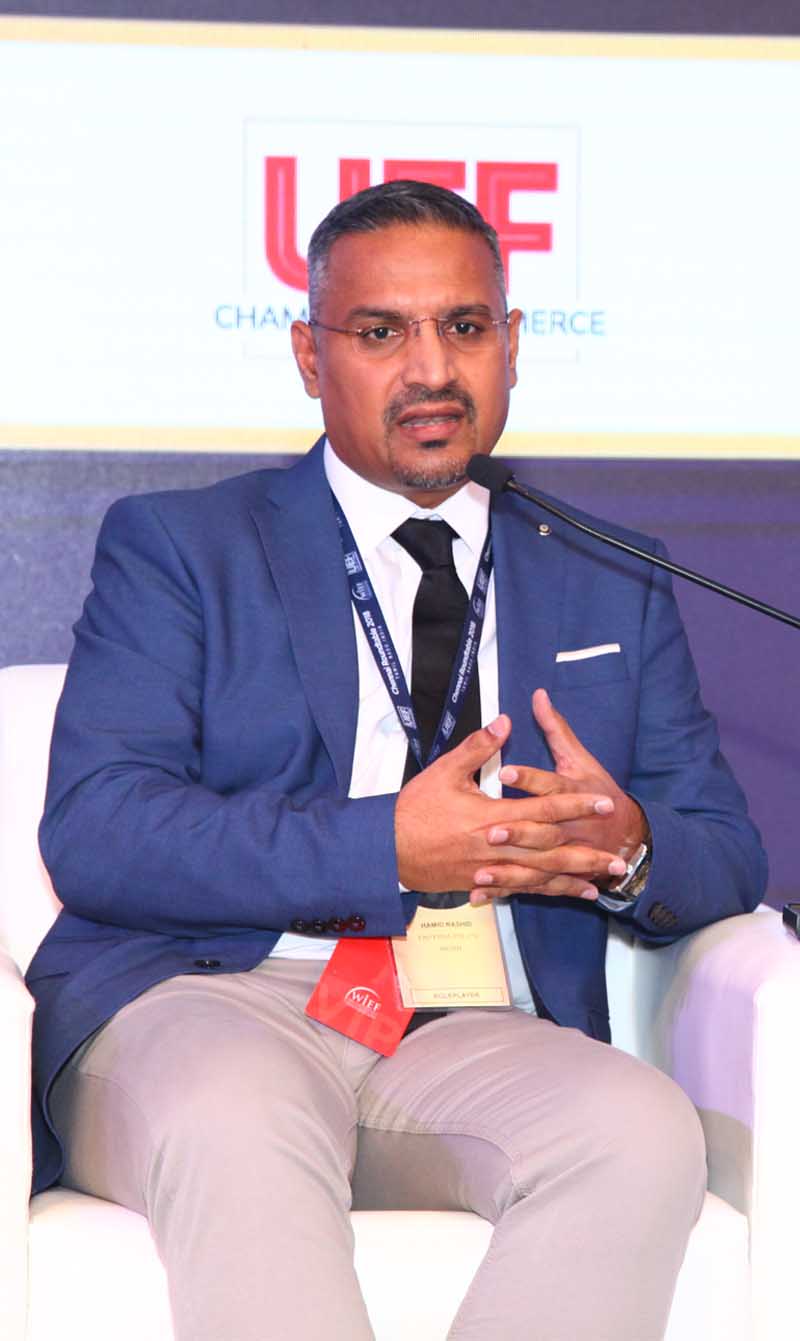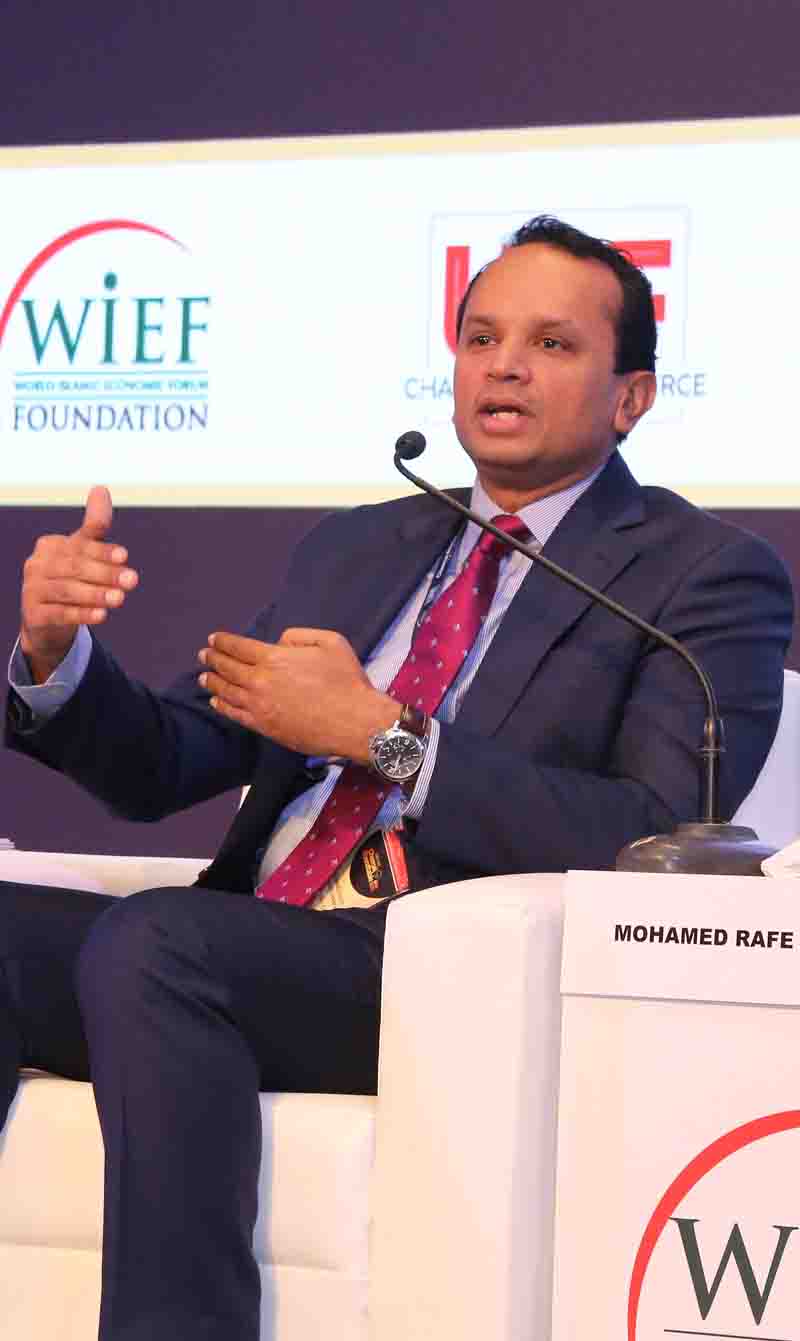Balancing shareholder interests for sustainable profit
Businesses must go beyond profitability to become more sustainable, taking responsibility for actions that affect processes, people and the planet. Ethics, integrity and social conscience play key roles in leaving the world a better place for future generations.
A sustainable business is described as meeting the needs of the present world without compromising the ability of future generations to meet their own needs. An organisation that aims to be sustainable must ensure that all processes and products address current social and environmental concerns while maintaining a profit.
Sustainability was one of the most challenging issues in business today. Businesses would have to tread the fine line between sustaining healthy profits and protecting and safeguarding shareholder concerns while supporting community interests.
Trends in sustainability
Businesses today must be viewed as existing within an ecosystem in which different concerns cooperate to maximise value creation. ‘No single company can do everything by itself,’ said Matthew Driver, group executive, Global Products and Solutions, MasterCard Asia-Pacific. Technology evolved daily and complexities arose, requiring that sustainable businesses incorporate a broader range of stakeholders.
Citing the Harvard Business Review, Matthew said that long-term returns to shareholders would improve when companies did not focus solely on shareholder interests. ‘If you can deliver a model that will sustain your ecosystem and the communities in which you operate, then you will attract the right kind of people,’ he said, adding that the right kind of innovation would also help drive businesses forward.
Datuk Muzaffar Hisham, the group head of Global Banking of Maybank, told the story of Maybank Islamic’s journey towards becoming one of Asia’s largest Islamic banks and the world’s third-largest in terms of assets. To ensure long-term sustainability, he said, the board and shareholders of the bank made a commitment five years ago to grow the Maybank Group’s Islamic banking business.
To build a strong foundation — from contributing 15 per cent of the Maybank Group’s total assets in 2010 to 50 per cent today —Maybank Islamic focused on maximising efficiency, providing the right products and services and serving the community.
Meanwhile, Ayman Amin Sejiny, former group chief executive officer of Bank Alkhair Group and now CEO of Ibdar Bank BSC, Bahrain, spoke of a long-term vision of sustainability in which products were perfected so as not to destroy the planet. He also stressed the importance of reducing wastefulness in every form to promote higher efficiency in processes, products and costs.
Melih Araz, managing director of Ata Invest and board-member of Tab Food Investments, Turkey, said that business practices over the past 40 years had shifted dramatically from profit maximisation to social responsibility. He noted that this development turned the focus away from the narrow confines of shareholder capitalism: ‘No system can thrive if one member of the group continues to benefit at the expense of the others,’ he said.
Rethinking profitability
Muzaffar said that when Maybank Islamic embarked on its transformation journey, its management team knew what to do and how to do it. However, when asked why they did what they did, profit was not the primary concern: ‘It was not a question of profit. Profit is the result of what we do.’ He believed that, while providing services was Maybank Islamic’s goal, the bank wanted to give its customers new opportunities, better homes or aid to grow their businesses. The bank also wanted to enhance its zakat contributions: ‘If we do well and make a profit, the zakat will grow and eventually serve the community,’ he said.
Matthew said that MasterCard involved a world beyond cash and the company’s commitment to financial growth was its key driver in sustainability or community programmes. The global financial system currently excluded two billion people, he said, and MasterCard was seeking to draw 500 million new consumers into the financial system through the use of its products and services.
To achieve this, MasterCard would have to innovate more effectively, drive down distribution and manufacturing costs, consider creative business models and partner with a wider range of stakeholders. By ‘doing more with less’, Matthew said, MasterCard would be able to build a better business by sharing those efficiencies across its entire ecosystem.
Melih added that profitability was a way of protecting a company, increasing its ability to weather economic downturns and environmental constraints. This involved engaging with issues beyond the immediate ecosystem of the company’s employees, suppliers and customers. ‘In a broader sense, we are talking about the global village and its accompanying issues of mass poverty, environmentalism and global warming,’ he said.
Melih cited the forthcoming 2015 UN Climate Change Conference in Paris as a prime example of 150 countries coming together for a global concern.
Regulating the ecosystem
Governments and regulators can implement sustainability monitoring, Ayman said. However, people must be informed enough to judge for themselves when treading the fine line between sustainability and profitability.
Muzaffar conceded that existing regulations need to be clearer but opposed the idea of additional government intervention. ‘I think we should allow the market to discipline us,’ he commented, adding that we should limit the role of government to providing opportunities and platforms for transparency. This will aid the creation of a more efficient market. Sustainability, he felt, was reciprocal and needed to create value for all stakeholders.
Collaboration is key to understanding and self-regulating of the ecosystem. Matthew said this would allow for a shorter learning curve and could even involve competitors. He stressed, however, that such new partnerships would move beyond mere transactions only with honesty and understanding. He went on to say that authenticity and sincerity were the mainstays of businesses with social objectives. Muzaffar added that ethics and integrity underpinned sustainable companies.
Other forms of regulation such as reporting on carbon footprint were a positive step, but Melih observed that it was not enough. Quoting his company’s management motto, ‘We cannot manage what we cannot measure,’ he stressed the importance of a uniform system of measurement. This would help manage the chain of stakeholder relationships so crucial to sustainability.
A system for all
Understanding the entire sustainable ecosystem is imperative for balancing shareholder and stakeholder interests for sustainable profits. While a proportionate level of regulation is necessary, stated Matthew, these controls must be right, ensuring the needs of business customers are served. In addition, the complex world that we now live in throws up the low probability of complete control, especially by corporations. New partnerships, he felt, will build a sustainable ecosystem, ‘You have to be able to create sufficient but appropriate returns that are right for everyone in the system.’
A business that is sustainable will ensure its own continuation, despite constant disruptions across business sectors. As a major threat, Melih added that, especially since reliance on digital and technological advance was unavoidable, technology must be used responsibly.
Meanwhile, Matthew emphasised corporate authenticity, time and commitment from the top, and working through the organisation as key points for companies seeking sustainability. Critical partnerships were as important as innovation. ‘Try to disrupt your own business model,’ he suggested, explaining that this would serve to identify underserved and unmet needs of important communities.
___________________
This is based on a report from the 11th WIEF in Kuala Lumpur.
Photo Credit: Austin Neill





